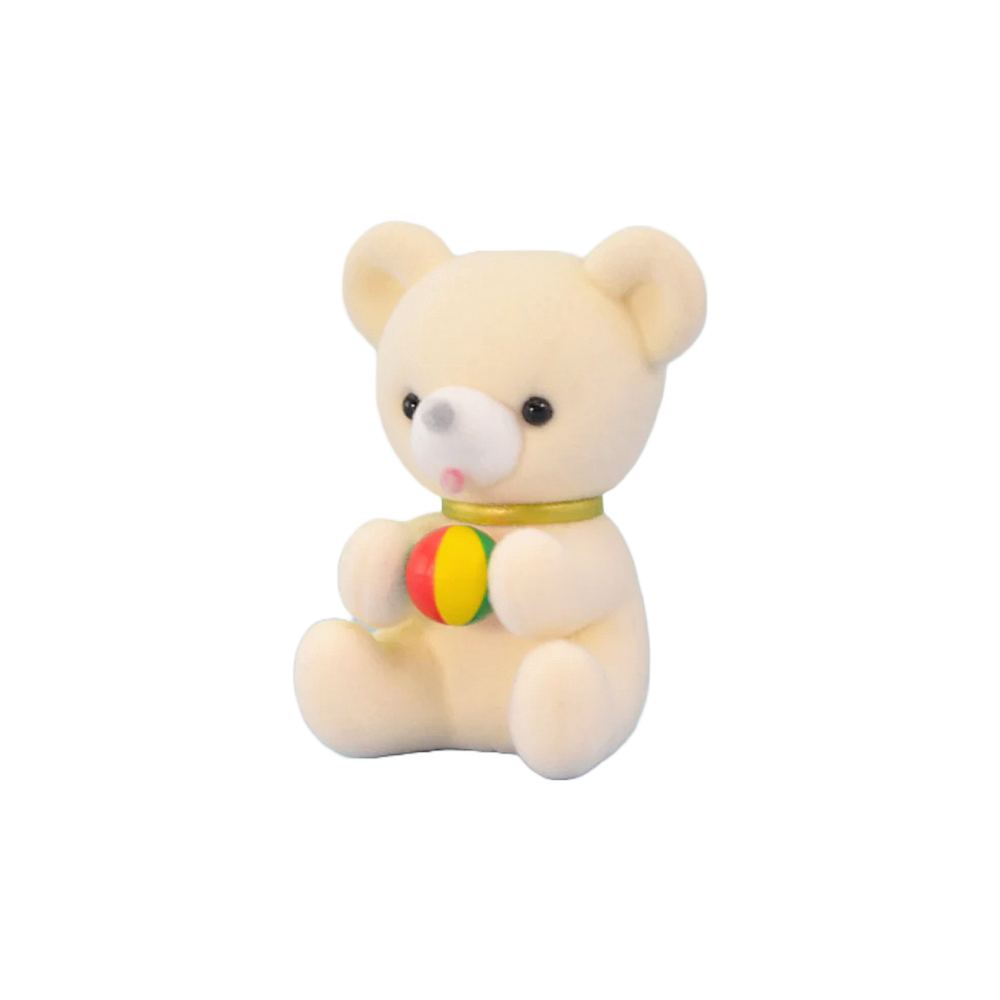My Child is Performing Like a Baby

“I’m a bit misplaced. My older child is 2 years and 10 months earlier. For the earlier week he’s been telling me he’s a baby. I acknowledge his suggestions by having fun with fake that he’s a baby, nonetheless I’m concerned about whether or not or not I’m doing the perfect issue. He asks to be fed (when he has been doing it on his private for a 12 months), and he wishes to be picked up regularly. I ponder if jealousy lastly kicked in (my youthful one is now 18 months earlier and further vocal), and he feels displaced by his sister? I admit there’s been occasions the place I don’t play alongside and inform him in a nice methodology that he can do it on his private on account of he’s a large boy. How do you technique this?” – Correctly
Whats up Ana,
Certain, I imagine you nailed it: “I ponder if jealousy lastly kicked in (my youthful one is now 18 months earlier and further vocal), and he feels displaced by his sister?”
The emotional technique of accepting a model new sibling is unique to each child. Some children appear most unnerved all through their mother’s being pregnant, possibly anxious about the entire mysterious, impending modifications they sense nonetheless for which they have no physique of reference. These children may even actually really feel relieved when the new child lastly arrives and turns right into a actuality for them.
Totally different children could also be solely barely rattled all through the being pregnant and far more uncomfortable after the supply after they experience the sudden shift of their dad and mother’ focus. Nonetheless others don’t actually really feel the sting of rivalry until their little one sibling hits developmental milestones that make them look like an exact “particular person” and a bigger menace, like when the new child begins crawling, strolling or, as in your case, Ana, talking. Notably delicate children actually really feel waves of discomfort all via all the above.
Performing like a baby can serve two main features:
- Play treatment
Collaborating in out a fantasy of reverting to babyhood is among the many strategies children course of their feelings spherical this fundamental life adjustment, and we can also assist them by accepting and trusting this habits (reasonably than worrying, irritated, or judgmental about it). It is by way of play that children uncover, understand, heal, and purchase a method of administration over their feelings spherical new and uncomfortable experiences. Play treatment moreover helps children uncover the views of others. By imitation children can try on that particular person’s footwear (or booties, on this case), which helps them to know and empathize with that particular person’s experience. That’s moreover why children sometimes imitate the behaviors and character traits of their buddies or characters from books and flicks. If this “make take into account” habits will get a nervous, unfavourable or uncomfortable response from dad and mother, children could also be compelled to proceed testing that.
- Bodily nurturing and unconditional acceptance
Infants get quite a lot of hands-on care, nurturing, and affection, so it’s understandable {{that a}} child who feels unsettled by the addition of a sibling would want to recapture just a few of that bodily love. It’s moreover widespread for youthful children to behave out their uncomfortable feelings by way of impulsive limit pushing habits which may be directed on the dad and mother, the new child or every. As troublesome as it might be for us to empathize with our children in these circumstances (I share further about that HERE), our harsher reactions tend to intensify their feelings of hurt and rejection. The unconditional love that the new child is receiving appears very partaking as in contrast.
Nevertheless none of which implies dad and mother ought to essentially really feel obliged to heed all our children’s requests to be fed and carried, and lots of others. Kids don’t need us to play along with babyish behaviors quite a bit as completely accept and allow them.
Accept
Acceptance stems from trusting that the habits is serving a healthful perform for our child and, subsequently, not being judgmental about it or worrying that he’s shedding his skills to talk, stroll or costume himself, and lots of others. So we don’t try to restore the habits, nor can we coax or shame him to stop it. And since we don’t perceive it as a requirement or need we should always fulfill, we don’t let it get on our nerves.
Set clear boundaries and perception the feelings
In your case, Ana, I might not “inform him in a nice methodology that he can do it on his private on account of he’s a large boy.” Instead of trying to talk him out of his request, be clear and comfortable with asserting your boundaries.
“You want me to decide on you up. I can’t correct now, nonetheless in a few minutes I’m going to sit down on the sofa and I’d prefer to have you ever ever on my lap.” Then if he continues to ask or turns into upset, you may acknowledge, “You really wished me to carry you and I said no. That’s upsetting.” Perception him to particular his feelings for as long as he should in response to your low cost limits. That’s how children heal their ache.
Play alongside wholeheartedly — or under no circumstances
Kids deserve our honesty and readability. It’s unfair and unloving to begrudgingly give in to please them. Our resentment creates guilt for them and poisons our parent-child relationship. We are the one ones who can forestall this from going down, which is why it’s so needed to stay tuned in to non-public desires, wishes, and bounds. So, if we’re completely on board and accessible to spoon feed, carry or play with our child, we should all the time do it with gusto. If not, we should all the time kindly and clearly say no and by no means select or resent our child for asking. We would reply, “I like feeding you, my little one, nonetheless I’m going to take this time to eat my very personal meals along with you.”
Pay undivided consideration
There’s one other excuse children behave like infants furthermore the two I level out above. It’s an consideration getter. Sadly, the attention it usually will get from dad and mother is annoyance and impatience, which is not helpful. So, furthermore perceiving this habits as healthful and by no means letting it problem us, we’ll moreover help alleviate the urgency for it by fulfilling our children’s consideration desires (which might be heaps easier to fill than their 24/7 consideration wishes). Prime-of-the-line strategies to do that is to put aside all our distractions all through caregiving actions like dressing, bathing, diapering (or potty help), mealtimes and bedtime rituals and be completely accessible to our child in these interactions. We acquired’t be able to do that every time, nonetheless we’ll seize these options as biggest we’ll. Our engaged presence whereas our child performs, putters or just hangs out with us is an added bonus.
Ana, I hope this options your questions and isn’t way over you wished to know.
I share further about being assured leaders and setting limits with empathy in
No Harmful Kids: Toddler Self-discipline With out Shame.






